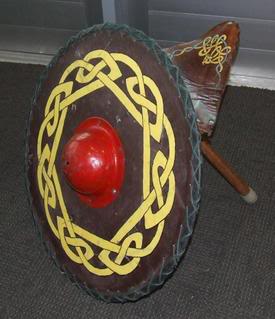Some people define unschooling as a relationship (or lack of one) with school.
Others define it as a relationship (or potential damage to a relationship) with their children.
It seems our detractors say "If my kids aren't in school and I'm not using a curriculum, I'm unschooling."
It seems to me that stopping there will lead to frustration and failure and the continuous little additions of rules and lessons and requirements.
It's enough if one is looking toward school and wants to declare the kids are out AND they're not going to use a curriculum. So at that point in the sort (if we were writing a computer program), they've passed through two gates:
School? if no, then homeschooling
Curriculum? if no, then unschooling
But will that last years? It's the label of a moment. "Now what?"
It's not a computer program. For me it's about natural human learning, not about not-school and not-curriculum.
SandraDodd.com/lists/help
photo by Jo Isaac
in Australia


